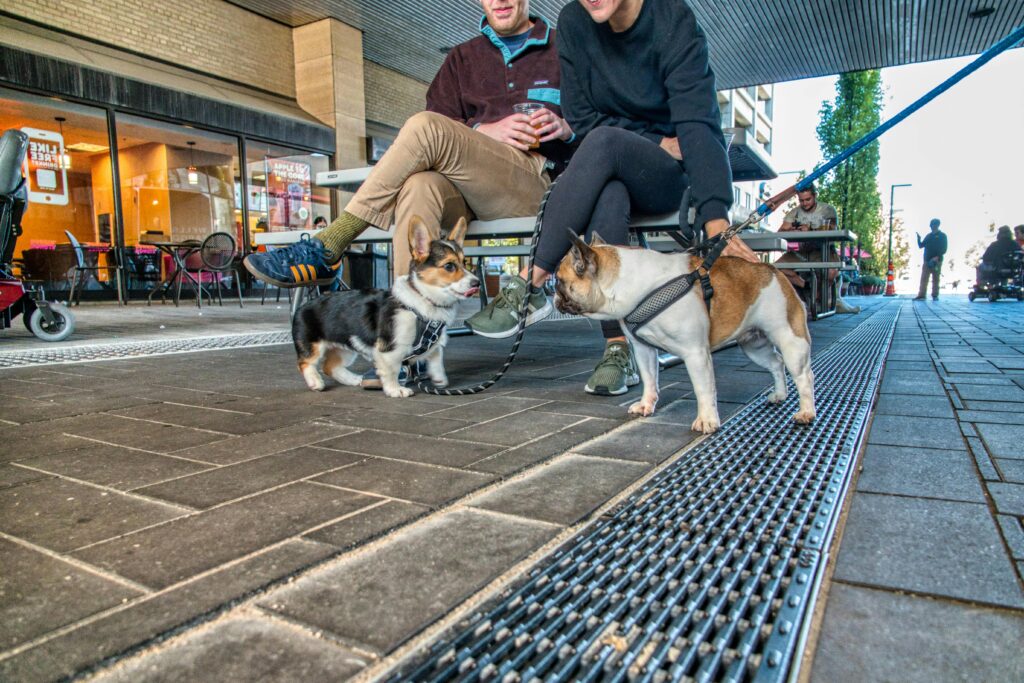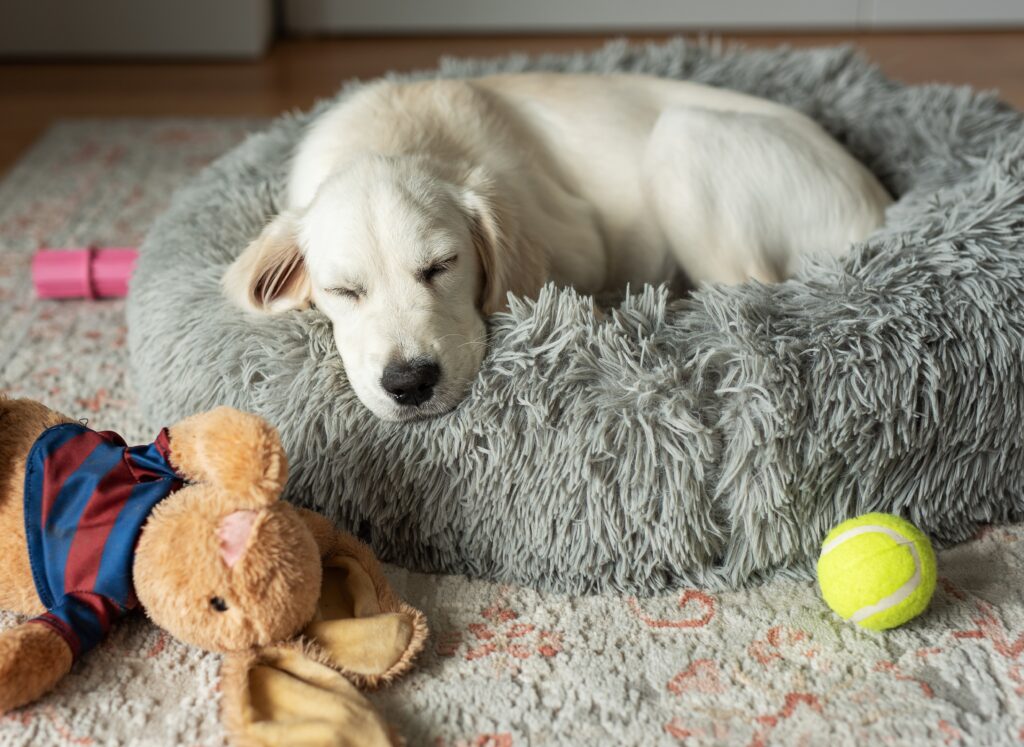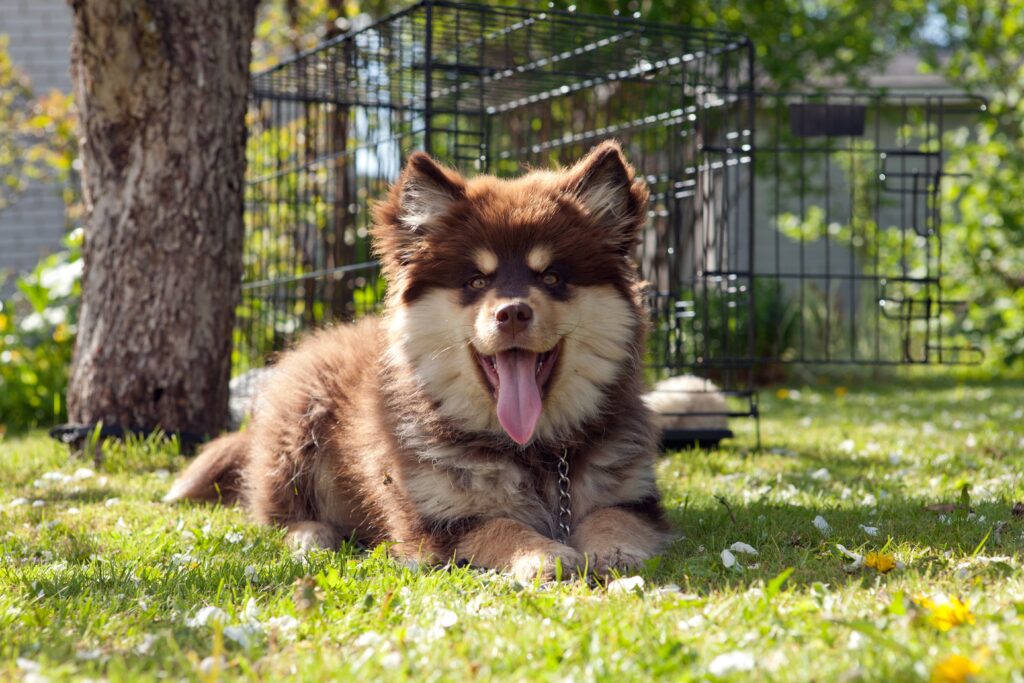While the ideal window for socializing a puppy is typically between 3 to 14 weeks, it’s important to note that 13 weeks is not too late to start socializing your puppy. Although earlier socialization is beneficial, puppies can still learn and adapt beyond this age.
Here’s a breakdown of why and how to socialize a 13-week-old puppy effectively…
Importance of Socialization
- Lifelong Impact – Socialization helps prevent behavioral issues and anxiety as the puppy grows. Exposing them to various people, environments, and experiences fosters confidence and adaptability.
- Developmental Sensitivity – While the peak period for socialization is between 3 and 14 weeks, puppies are still learning and can benefit significantly from new experiences beyond this timeframe.
Strategies for Socializing a 13-Week-Old Puppy
- Positive Experiences – Introduce your puppy to different environments, such as parks, busy streets, or pet-friendly stores. Ensure these experiences are positive and rewarding to help them associate new situations with good feelings.
- Meet New People – Allow your puppy to interact with various people (children, men, women) to help them become comfortable with different appearances, voices, and behaviors.
- Expose to Other Dogs – Arrange playdates with vaccinated, friendly dogs. Socializing with other puppies and adult dogs helps improve their social skills and confidence.
- Gradual Introductions – If your puppy shows fear or anxiety, take it slow. Gradually expose them to new experiences and take breaks if they seem overwhelmed.
Focus on Training
- Basic Commands – Teach basic commands like sit, stay, and come. Training not only helps with obedience but also reinforces the bond between you and your puppy.
- Positive Reinforcement – Use treats and praise to encourage good behavior during socialization and training sessions. Positive reinforcement helps your puppy associate new experiences with rewards.
Monitor Behavior
- Watch for Signs of Stress – Pay attention to your puppy’s body language. Signs of stress, like tail tucking, whining, or hiding, indicate the need for a break or a more gradual introduction to new experiences.
- Encourage Exploration – Allow your puppy to explore at their own pace, giving them opportunities to investigate new sights, sounds, and smells.
Ongoing Socialization
- Continue Beyond 13 Weeks – Socialization is a lifelong process. Keep exposing your puppy to new experiences, even after the initial socialization period. Regular outings and interactions can help maintain their confidence and adaptability.
- Enroll in Training Classes – Consider joining puppy training or socialization classes. These classes provide structured environments for learning and socializing with other dogs and people.
While 13 weeks is on the latter side for optimal socialization, it is not too late. With patience, consistency, and positive experiences, you can successfully socialize your puppy, helping them grow into a well-adjusted adult dog. The key is to make the experiences enjoyable and to continue socializing throughout their life.


